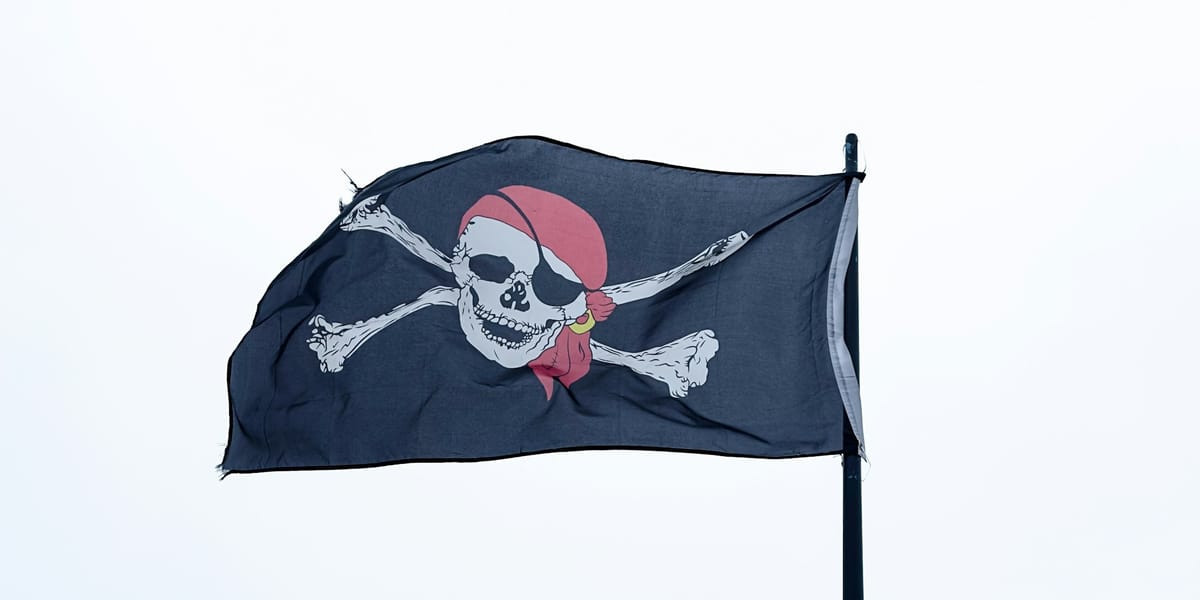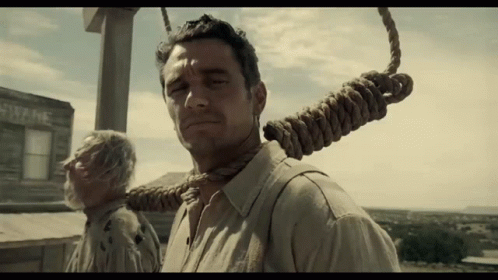the unbroken cl clark epub pdf free
Or, sailing the not-so-secret seas.

Sorry, I’m not giving away free books in this post. (Sometimes I giveaway free books to my newsletter, though. Just fyi.)
It’s about book piracy.
It’s an evergreen topic these days, one that grows louder and seems to happen more often because of the annoying nature of social media. How many times can we argue over the same stupid things? Well, every time some new-to-the-game author is newly outraged by something most of us have accepted as par for the course.

As an author, we really don’t have much control over what happens to our books once they’re out in the world. Paper books can be resold secondhand or passed along. They may languish on a shelf before getting thrown in the trash. Bookstores may send them back to the publisher to get pulped. Add ebooks into the mix, and they spread hand-to-hand even faster, especially now that most books are sold DRM-free.
Many marketing gurus, like Seth Godin, talk about giving things away for free. It’s good for business. The “gifting economy.” The idea is that, if what you give away for free is of good enough quality, the recipient will eventually—hopefully—support your paid ventures. Classes, tip jars, one-on-ones, and that all important thing that every good product needs: word of mouth. This is also the logic behind things like “reader magnets”and “lead magnets,” those things that people offer for free to get you to give them your email address. Many folks find that to be a decent trade.
For authors, that usually means some bonus story or book related to the series they’re trying to sell. A prequel novella to get readers hooked, for example. And some people sign up for the newsletter for the freebie and then unsubscribe, or never move on to being paying customers. A shame, but ah, well. It happens.
But there’s also the idea—dare I say, hope?—that the reader will love that little sample so much that they’ll send the pdf or the epub to a friend with the beloved message, “you have GOT to read this.”
It’s why I try to share so much of my own snippets and thoughts for free; many short story venues offer free stories for readers, with paid perks coming secondary (maybe only paid subscriptions get full interviews, or get the entire issue on the release day). Almost all of my short stories are available for free.
“Obscurity is a far greater threat to authors and creative artists than piracy.” - Tim O’Reilly
It is admittedly a little trickier, though, when it’s the paid venture that is getting spread around for free. We may strategically give out a few free copies—see, Advanced Reader Copies and galleys—in the hopes of building up pre-release buzz, but it’s not the main business plan. And not every author wants to start up an editing business or one-on-one consultations to make a living—and yet, that’s what many do, scrambling for something, anything that can’t be easily distributed without compensation.
In his book, Unleashing the Ideavirus, Seth Godin talks about charging nothing for ideas so that they spread faster. In fact, when it first came out, he charged nothing for the book (now, you can pick up a copy on kindle for $17.99). And, well…it spread. Which is why he can charge such a sum, I imagine. Over the years, it’s become one of THE marketing books in the industry because so many read it for free.

In some ways, piracy (or peer-to-peer file-sharing; Tim O’Reilly makes a case for a distinction) can be similar. In this article, he says quite correctly, “Obscurity is a far greater threat to authors and creative artists than piracy.” You could call me a liar to my face if I told you I thought the Locked Tomb series got so popular on lawfully purchased copies alone. And I would be a fool to believe it.
It’s true that the more people talk about a book, the more people will want to engage with it, resulting in more readers. People don’t want to be left out of the talk of the town. It’s touching people, which is one of the prime reasons an author puts their work out there.
In All Marketers are Liars, Godin also shares a comment from Jeff Tweedy from the band Wilco regarding digital piracy: “A piece of art is not a loaf of bread. When someone steals a loaf of bread from the store, that’s it. The loaf of bread is gone. When someone downloads a piece of music, it’s only data until the listener puts that music back together with their own ears, their mind, their subjective experience. How they perceive your work changes your work. Treating your audience like thieves is absurd. Anyone who chooses to listen to our music is a collaborator.”
“A piece of art is not a loaf of bread.”
This resonates with me. But it’s also easy to understand why artists are upset when people tell them to their (digital) face that they’re pirating their work. Authors’ careers are made based on how many books they sell. Popularity gleaned from stolen books only gets you so far when the profit and loss ledgers come out in the editorial meetings and the publishers are deciding whether or not your favorite queer author is getting another book deal, or if they’ll be given anything like an honest wage for the work.
So if you’re out there claiming to fight for accessibility of literature…fine. But if you have justified your reasons for downloading free copies, how are you working to help them? Because downloading the book alone isn’t doing them any favors.
Are you telling other people about it? Are you shouting about how good it is on your socials, in your discords, at your dyke nights so that someone will buy it? Are you going to events, online or in person? Are you buying tickets? (Think about musicians and concerts, the merch they sell.) Leaving reviews? Requesting it from libraries? Drawing fanart, writing fics, whatever you can do to contribute to the readership of that book? Buying it after you realized you liked it, getting that swank special edition, gifting it to a friend?
Are you shouting about how good it is on your socials, in your discords, at your dyke nights so that someone will buy it?
If you like a book enough, whether you bought it or not, do take those next steps. Governments everywhere are trying to enforce a limited idea of what kind of person, life, story is acceptable. Cis, het, white, rich. And if you really care about access to books, to the power of narrative, you really don’t want them to be writing the only stories out there. But that’s what will happen if the writers who don’t fit that mold get squeezed out because they can’t afford to keep writing.
So help your authors out however you can.
And if you stumbled upon a free copy of my book, cool, fine, whatever. Here’s my tip jar; leave what you can. Subscribe to the newsletter, paid or unpaid. Go leave a review. Tell your favorite fantasy reader about me.

